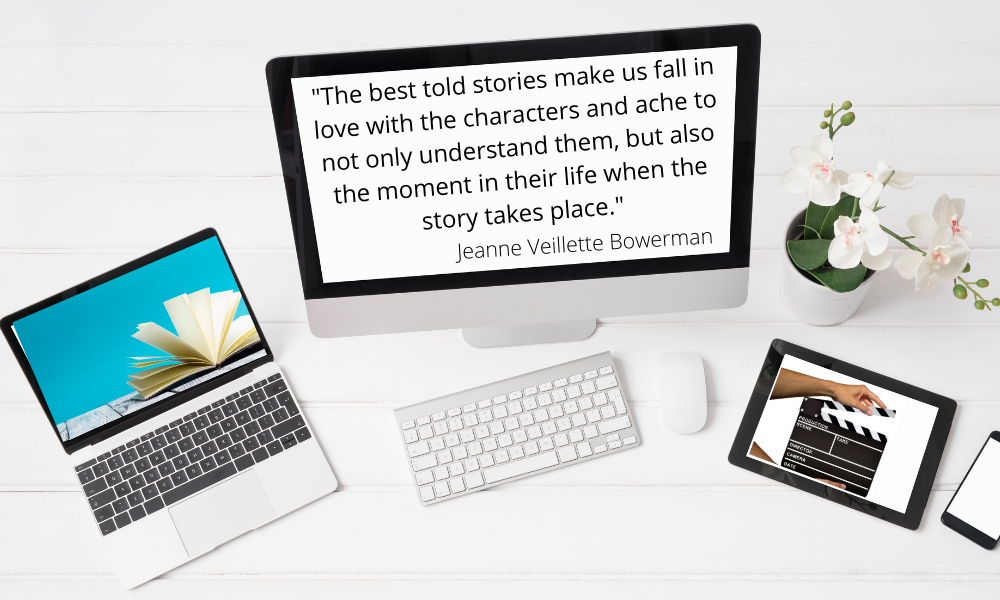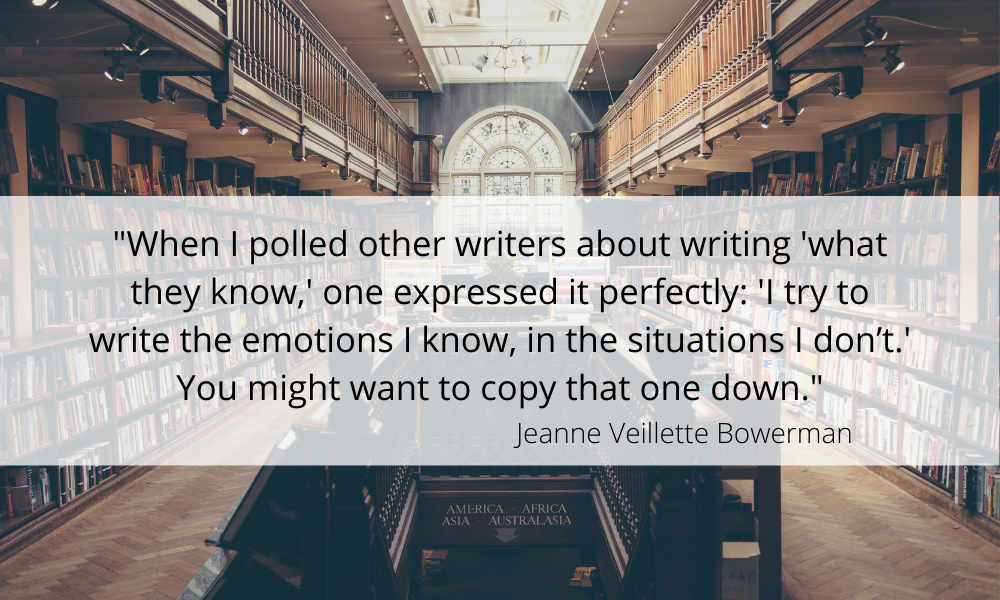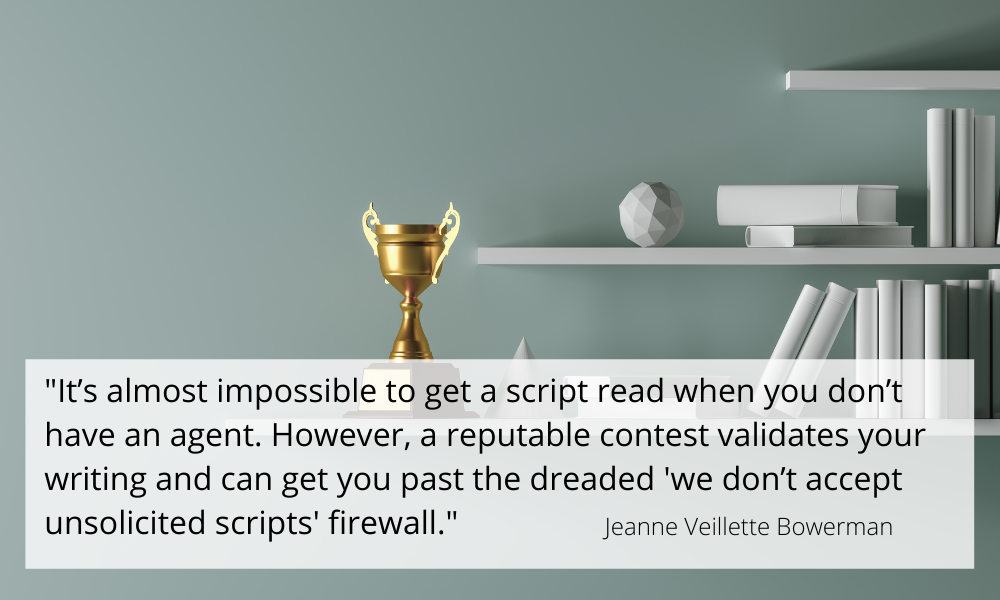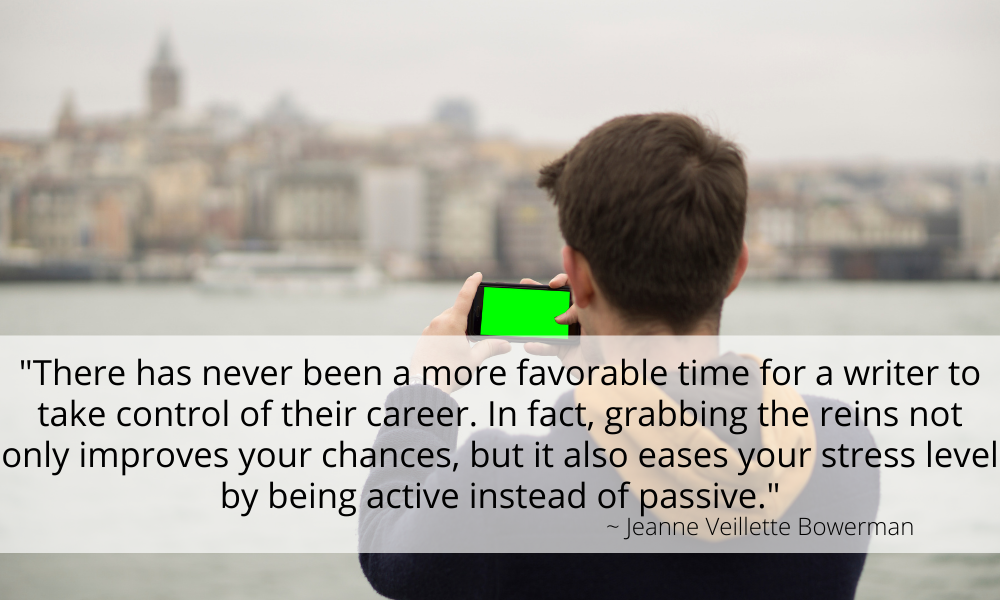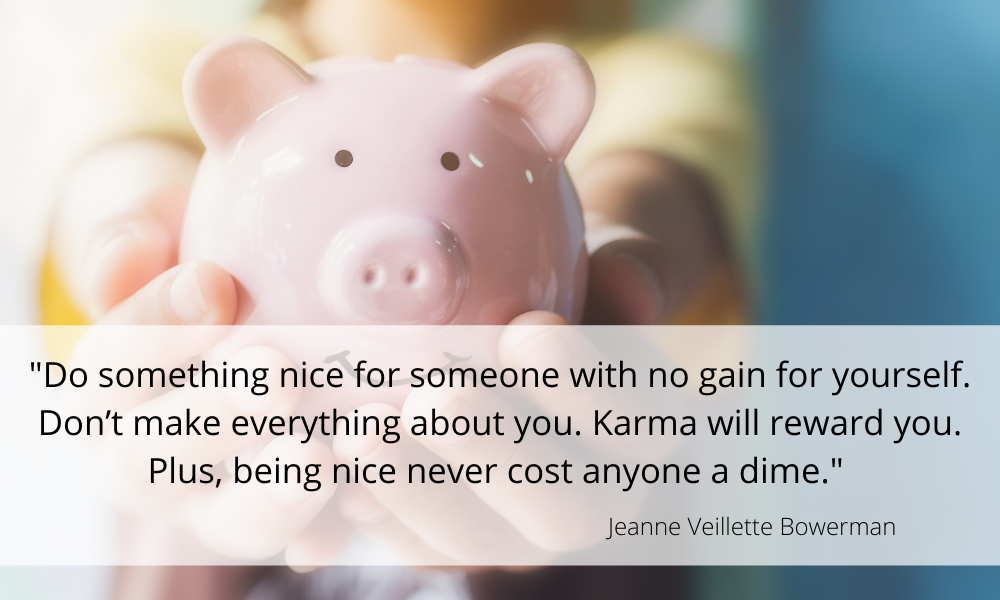Television Showrunners
Not all television executive producers are showrunners. The title isn’t even listed on credits. What does a showrunner do and how do you become one? by Robin Rowe
With television series having many producers of various significance, the title of showrunner evolved to mean "the boss." According to Benson showrunner Bob Fraser, the term showrunner was coined by his agent during contract negotiations, when the network resisted promoting Fraser from writer to executive producer in one swoop. To get a better glimpse on what these Hollywood professionals do, we gathered a roundtable of successful showrunners to talk about their work and how they became "the boss."
The Cast:
MARCO PENNETTE
Pennette has had amazing success creating and writing his own series: "Caroline in the City," "Union Square," "Conrad Bloom," "All About the Andersons," "Inconceivable" (about his experiences with surrogate pregnancy), and "Crumbs" (based on his own family). He was executive producer for the series "I'm with Her" and the sitcom "What I Like About You." At the time of our interview, Marco Pennette was the showrunner responsible for running the writers room at the ABC series "Ugly Betty." He’s since become a consulting producer at "Samantha Who?"
NEAL BAER
Dr. Neal Baer is executive producer of the NBC series "Law & Order: Special Victims Unit." Baer was executive producer for the NBC series "ER." Baer graduated from Harvard Medical School and completed his internship in Pediatrics at Children's Hospital, Los Angeles. He spent a year at the American Film Institute as a directing fellow. He’s working on projects in Africa where he gives people cameras and teaches them how to document their lives.
MARSH McCALL
Marsh McCall is executive producer and showrunner for the ABC comedy series "Carpoolers." McCall was executive producer of the NBC series "Twenty Good Years" and a writer and producer for "Just Shoot Me." He started as a joke writer for "Late Night with Conan O'Brien."
HOW DO YOU PITCH A SHOW AND HOW DOES IT GET SOLD TO THE NETWORK?
Pennette: There are no rules. I was at ABC a few years back developing a TV version of The Parent Trap…identical twins, befuddled parents, laugh track, the whole bit. And within one meeting it was decided ABC wasn’t going with a TGIF line-up anymore and The Parent Trap turned into "Crumbs," an autobiographical sitcom about my mother’s nervous breakdown after my father left her for another woman. In retrospect, I should’ve stuck with the twins.
Baer: With passion. The network has to see that I love the concept and the characters. They also have to see the franchise, that the pilot is only the first step in a long journey that can be taken over many years. I did pitch a show to NBC a year ago and used a power point to show photos and give statistics for a new medical series. That was effective because the executives in the room saw the concept. They were stunned by a few numbers about the dismal state of health care. I also gave them a list of future episode ideas that gave them a clear sense that the show has legs.
McCall: You have to sell a lot of things at once. You have to sell what sounds like a funny pilot, but you also have to sell what sounds like a funny series that you can get 50, 80, 100 episodes out of. It’s appropriate to talk about the dynamic of what will grab people in a first scene and in a first half hour. But, you also have to talk about what will grab people in the arc of the show. Pitch the dilemma. A very simple idea is usually the best idea, something in the zeitgeist at the time, something that’s new, but safely new, which is what the networks want. And, I think that’s what audiences want, too.
What’s something that’s a problem a network would love to solve? For instance, ever since "Sex and the City" became a hit, everyone talks about every season, what’s the male version of "Sex and the City"? If you put four women together for lunch they’ll talk about their sex lives and whatever else. If you put four guys together they’ll just drink beer and reach for the remote. The simple genius of "Carpoolers" is that if four guys are in a car for an hour a day they have a position where there’s a forced intimacy. They have an excuse to talk.
I think people are always excited and always warm up to a pitch when someone says, “… and I know about this because my brother’s gay, or I’ve been married three times, or I grew up only with sisters … and that’s why I can mine dozens of stories out of this.” Bring yourself to a project. That personalizes it and makes it something that has to be you, that you can’t just hand it to someone else.
WHAT’S IT LIKE MAKING A PILOT?
Pennette: After months of notes and rewrites and more notes and more re-writes, it all basically comes down to a table read which you spend glancing at the head of the network to make sure they’re not nodding off. But once you make it past that, you get to spend the next week watching your vision finally come to life on a soundstage. There’s nothing better.
Baer: Hectic, exhilarating and maddening. You want every detail to be right, from the sets to the casting. You feel that the success rests on every detail. I remember doing a pilot for the WB called "Outreach" in Venice, Calif., in 1998. I was still a medical resident in pediatrics and a writer-producer on ER. I would get up at 4 a.m. and go to County USC Hospital to check on the newborns under my care. At 8 a.m. I'd race across town to Venice to watch the shooting of my pilot. At noon I dashed back across town to Burbank to work on "ER" and to help the other writers with their stories. [Baer did medical consulting on the first seven years of "ER."] How I did it, I don't know. I lived off adrenaline, and I loved every minute of it.
McCall: Exhilarating and terrifying at the same time. It’s the hardest episode of the show you’ll ever do. You’re working with a brand new cast. You have about eight days to put together something that conceivably will effect the next years of your life.
WHAT’S A TYPICAL DAY OR WEEK LIKE FOR YOU AS A SHOWRUNNER? WHAT DO YOU DO?
Pennette: On "Ugly Betty," we have number of executive producers. We divide up the responsibilities. One may spend more time on the set, another may take on a bulk of the editing. I’m primarily responsible, along with [show creator] Silvio Horta, for breaking the story arcs for the season and seeing each script through from outline to shooting draft. I run the "Ugly Betty" [writers] room much more like a sitcom room. By that I mean we break stories, give notes and do a bulk of the re-writes together. It’s very collaborative. I like everyone to feel invested in each episode, not just the ones that have their names on them.
Baer: Everything. Including cleaning the toilet in a trailer for a very famous actress who complained her motor home was dirty. You do what has to be done. I'm the overseer of "SVU." I come up with story ideas and parse them out to the writers. I hear their pitches, make suggestions and send them off to do their outlines. I make notes on every episode [that 's almost 200 for SVU]. I rewrite when necessary; polish, polish, polish. Every script goes through multiple drafts. I plan storylines and arcs as well. I cast the guest star leads in every episode along with Ted Kotcheff, who supervises the set in New York, where we shoot. I'm in charge of the budget. When we go over, I cut in the future. I oversee the editing and the final draft of the show. I work the network and studio publicists to promote the show. I talk to and support the actors. I'm the voice of the show.
McCall: You have somehow simultaneously be running the writers room, directing them in some promising direction for story. Then they’ll constantly be grabbing you to go to editing. Then you have to be on the floor all the time to watch rehearsals. It’s basically impossible. When I was on "Just Shoot Me," I would take rough cuts home and watch them once my daughter had gone to sleep. I would write notes on a legal pad and hand them in the next morning.
If you have a good strong story with interesting characters, it will be funny. I’ve never found that to be a problem. If I get a first draft from a writer and the story makes sense, the character is selling itself, and it’s not particularly funny? I love that problem. That’s like someone giving you a beautiful Christmas tree, and then all that it needs is a few ornaments. That’s the fun part.
HOW DID YOU GET YOUR BREAK? HOW CAN SOMEONE TODAY GO FROM UNKNOWN TO SHOWRUNNER?
Pennette: While attending NYU, I got an internship on the sitcom "Kate & Allie." I worked my way up to assistant to the executive producers Chuck Ranberg and Anne Flett-Giordano, who graciously gave me my break at 19 years old and let me write an episode.
Baer: By growing up with one of the most powerful guys in the business: John Wells. We've been friends since the fourth grade. We stayed in touch and he gave me two breaks. The first was on "China Beach," when he gave me a freelance episode; the second time was on "ER" when he hired me for two months to break stories. I stayed for seven years.
McCall: I started as an assistant to a showrunner in L.A. My first big break was being hired on the "Conan O’Brien Show" in 1993 [and moving to New York]. I didn’t really know anybody on the show. I submitted about two pages of sketch ideas. I remember thinking at the time, do they want it to have a "David Letterman" flavor or more of a "Saturday Night Live" flavor? And, I didn’t know. I was afraid that whatever I chose would be the wrong thing, so I didn’t write them out in sketch form. I just did two or three one-sentence ideas. They were loglines—like, a team of scientists uses charts and pie-graphs to explain what Ringo Starr does with his time. Late night is a different part of the brain, at least at the Conan show. It wasn’t about writing, per se, but about vomiting up ideas as fast and consistently as you could.
When staffing a show you suddenly get calls from agents everywhere who of course are suddenly your best friend. And you beg them, just please send me your one or two best people, and they promise, but then you get a packet with 20 scripts in it. And, they all do that. They’re trying to get their clients work. You can’t blame them for that. You have literally 200 scripts. If one of them is a 120-page screenplay, that may be a little daunting. When producers pick up scripts and start to read them, they don’t want to read 100 scripts cover-to-cover. So when they start on page one, they’re looking for an excuse to put it down. Those first five or 10 pages have to rock.




